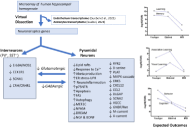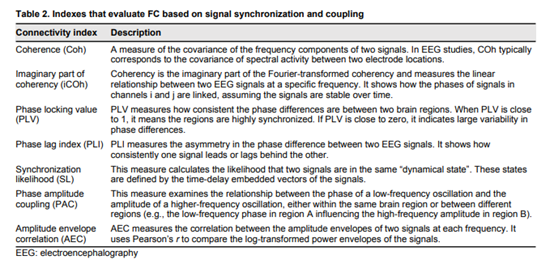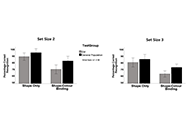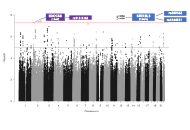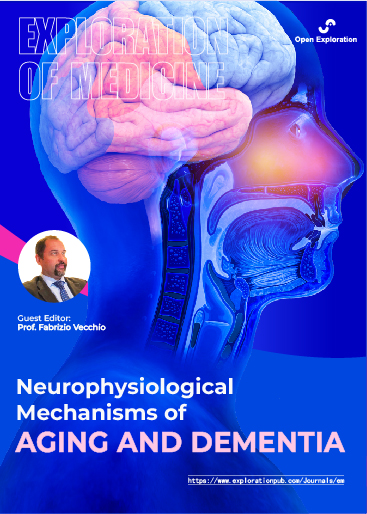
Neurophysiological Mechanisms of Aging and Dementia
Guest Editor
Prof. Fabrizio Vecchio E-Mail
Brain Connectivity Laboratory, Department of Neuroscience and Neurorehabilitation, IRCCS San Raffaele, Rome, Italy; Department of Theoretical and Applied Sciences, eCampus University, Novedrate (Co), Italy
Research Keywords: Neurodegeneration, rehabilitation, EEG, functional connectivity, brain complexity, neuroscience, ageing, dementia
About the Special lssue
Neurophysiological mechanisms underlying normal and pathological aging such as neurodegenerative disorders have yet to be fully established. Early recognition for example of mild cognitive impairment (MCI) and Alzheimer’s disease (AD) requests the identification of biomarkers capable of distinguishing individuals with prodromes from healthy aging adults. Physiological brain aging is characterized by a loss of synaptic contacts and neuronal apoptosis even though neural redundancy as well as functional and structural plastic remodelling of brain networking promotes the maintenance of brain activity in healthy elderly for everyday life. It is, then, important to implement techniques that are able to measure changes in normal aging brain and to discriminate them from neurodegenerative processes.
This special issue is aimed to collect a series of cutting-edge articles providing innovative information and dealing with the broad issue of the role of neurophysiology in the assessment of normal aging and dementia. Of necessity, these articles will be focused on selected topics but the mixture of novel contributions as well as review papers on EEG, MEG, TMS, and ERP to provide an overview and an insight into current areas of debate.
Keywords: Brain networks, neuroscience, neurodegeneration, rehabilitation, EEG, MEG, MRI, fMRI, TMS, PET, functional connectivity, brain complexity
Published Articles
